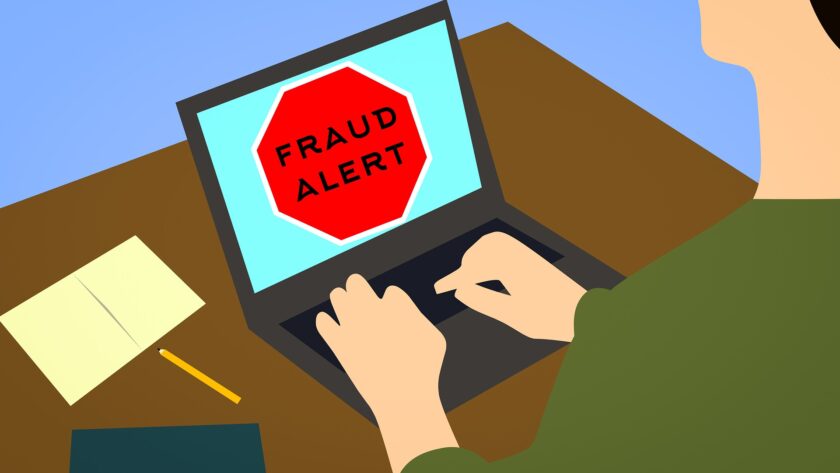Identity theft and fraudulent charges, though different, involve having someone else make unauthorized transactions in your name. According to statistics, averages of 15 million Americans become victims of identity theft every year.
So it is not a question of if there will be an attempt to steal your identity but when. That said, staying vigilant and clued up on identifying theft and fraudulent charges on your account is important.
This guide offers tips on detecting identity theft and fraudulent charges, so you may want to keep reading if you want to stay prepared for any eventuality.
How Are the Two Different?
Identity theft involves stealing our personal information such as name, date of birth, social security number, and other identifying information. In most cases, perpetrators use this information to open accounts, apply for credit, and make purchases, with all the expenses falling on the victim.
Fraudulent charges, on the other hand, involve having someone use your financial information to make an unauthorized payment. For example, a merchant can use the information you provide them in a transaction to make fraudulent charges on your card.
Identifying Identity Theft and Fraud
Unrecognized Credit Card Alerts
With the threat of fraud increasing by the day, most banks allow their customers to set alerts whenever a suspicious transaction is made on their cards. The alerts can be in the form of text, email, or even a call.
If you receive such an alert and are sure that you did not make such a transaction, there is a high chance your financial information is compromised, and you must take immediate action.
Some banks further provide their customers with all the information they need to stay safe. Other banking options, such as the SoFi savings account, offer industry-standard FDIC insurance, ensuring your funds are safe if you fall victim to fraud.
Additionally, you can set up alerts with a credit bureau to get notified whenever someone seeks to obtain credit in your name, which can be a lifesaver in identity theft.
Missing Bills and Financial-Related Mail from Your Mailbox
If you have received your bills and account information through the mail but realize you are no longer receiving them, someone could have changed the billing address.
Changing the billing address is a common practice used by identity thieves to keep you in the dark about what is happening to your account. So you are past the date of receiving your mail, and none is showing up. The first step should be determining if it is diverted and arresting the situation before it gets out of hand.
Change in Your Credit Score
Identity theft often results in a dipped credit score because it gets you into debts you never took, affecting your credit score. So if you have been denied credit based on your credit score and are sure it was good the last time you checked, you probably have fallen victim to identity theft.
But you do not have to wait until you need credit to look into your credit score. You should check it regularly to help identify potential identity theft and take action when you notice unexplained changes.
You Receive Communication about Debts You Never Took
Many fraud cases involve another person buying items in your name on credit. When the repayment is due, lenders will call or email inquiring about the debt.
Dismissing such communication as an error is easy, but don’t be so quick. Follow up on the claims to establish authenticity because they may indicate your financial information has been compromised.
What to Do if Your Identity Has Been Compromised
If you know of a case of identity theft or fraudulent charge, the first step should be informing your bank and other financial institutions. It would help if you also considered freezing your credit reports to stop further unauthorized activity and hire an attorney for help looking into your options.



